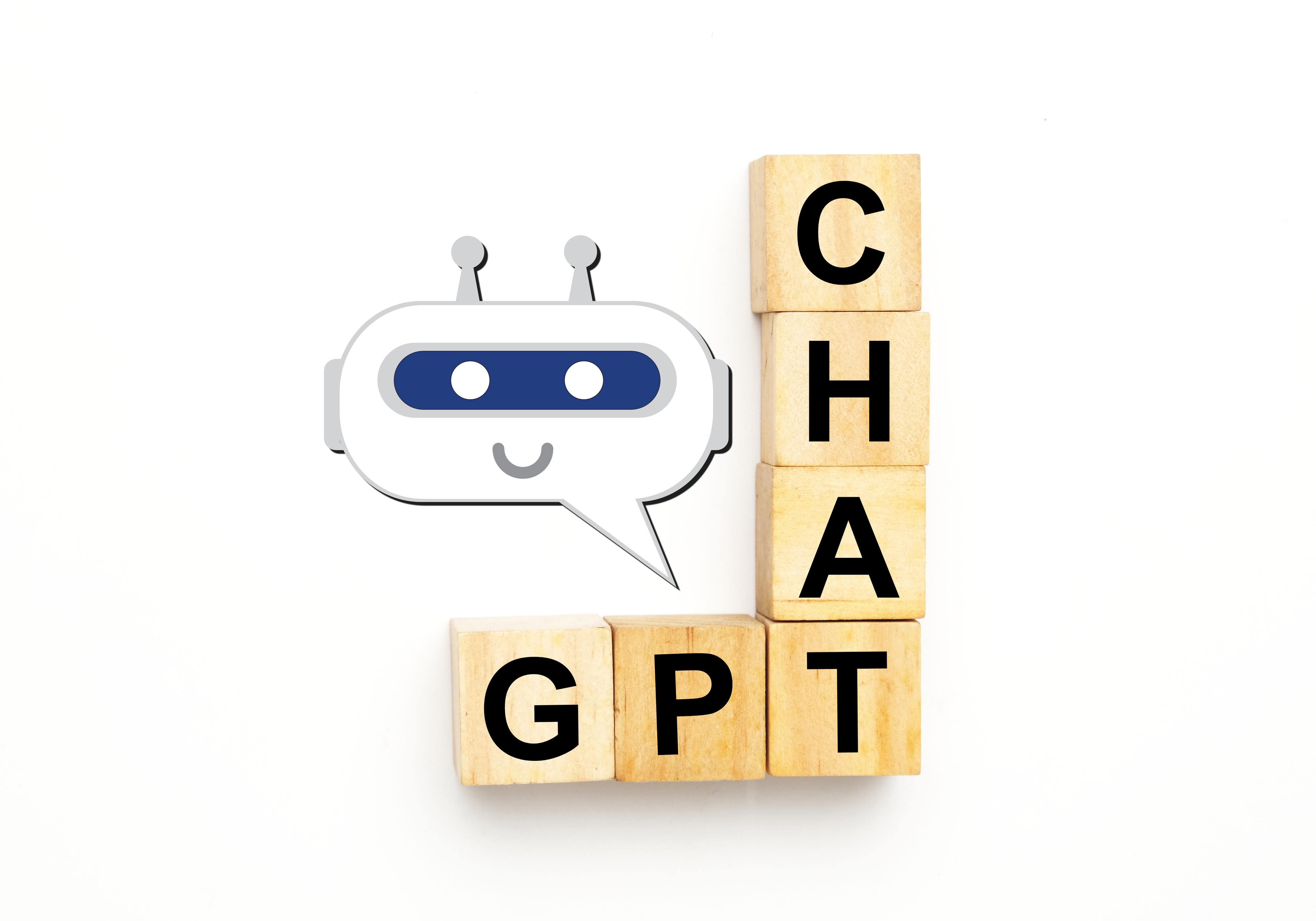How to Spot Fitness Answers Generated by ChatGPT



Introduction:
As technology advances, artificial intelligence (AI) language models like ChatGPT have become increasingly proficient at generating human-like text. While these AI-generated responses can be practical and informative to some extent, there are certain characteristics that give away their origin. This article will explore the distinct traits of fitness answers generated by ChatGPT, helping readers distinguish between AI-generated content and responses from real human fitness experts.
Overly Professional Tone:
One of the primary indicators of ChatGPT-generated content is its excessively professional tone. Unlike the natural flow of human language, AI-generated responses may come across as overly formal and technical. Real human trainers tend to use more conversational language and tailor their responses to the individual's needs and understanding.

Lack of Common-Sense Reasoning:
ChatGPT's responses may lack common-sense reasoning, leading to inaccuracies or unreasonable information. Human trainers possess the ability to draw upon their experience and knowledge to provide nuanced and contextually appropriate answers. AI, on the other hand, may struggle to grasp the intricacies of certain situations, resulting in less reliable advice.
Absence of Subjectivity and Emotional Nuances:
Another giveaway of ChatGPT-generated responses is the lack of subjectivity and emotional nuances. Real human trainers infuse their advice with personalized expressions and emotional feedback, considering the unique circumstances and emotions of their clients. AI-generated answers often appear neutral and objective, missing the human touch that clients seek in personal interactions.
Generalized Advice vs. Specificity:
AI tends to provide generalized advice, while human trainers are better equipped to offer tailored responses based on specific details provided by the individual. Fitness questions often require personalized solutions that consider various factors like health conditions, fitness goals, and individual strengths and weaknesses. AI may struggle to address these nuances effectively.

Limited Knowledge and Personal Experience:
ChatGPT draws its information from databases and lacks personal experience. Human trainers, on the other hand, have accumulated expertise through hands-on experience, continuing education, and working with clients. This experiential knowledge allows them to offer comprehensive and well-rounded guidance that AI may not match.
Human Touch With Cocast.fit:
If you're looking for a fitness solution that goes beyond generic responses, Cocast.fit is the answer! It is designed to revolutionize the fitness industry by empowering trainers to provide personalized and expert advice to clients. Unlike AI-generated content, Cocast.fit offers a human touch with tailored workout plans, specialized exercises, and emotional support. With features like automated marketing, client management, and training plan builders, Cocast.fit ensures your fitness business stands out from the competition.

Conclusion:
While AI-generated fitness answers can provide useful information, they still lack the depth, personalization, and emotional understanding that human trainers bring to the table. Identifying the characteristics mentioned above can help answer seekers distinguish between AI-generated content and the valuable insights provided by real human experts. When seeking fitness advice, considering the limitations of AI and opting for personalized support from a human trainer can make a significant difference in achieving one's fitness goals.


